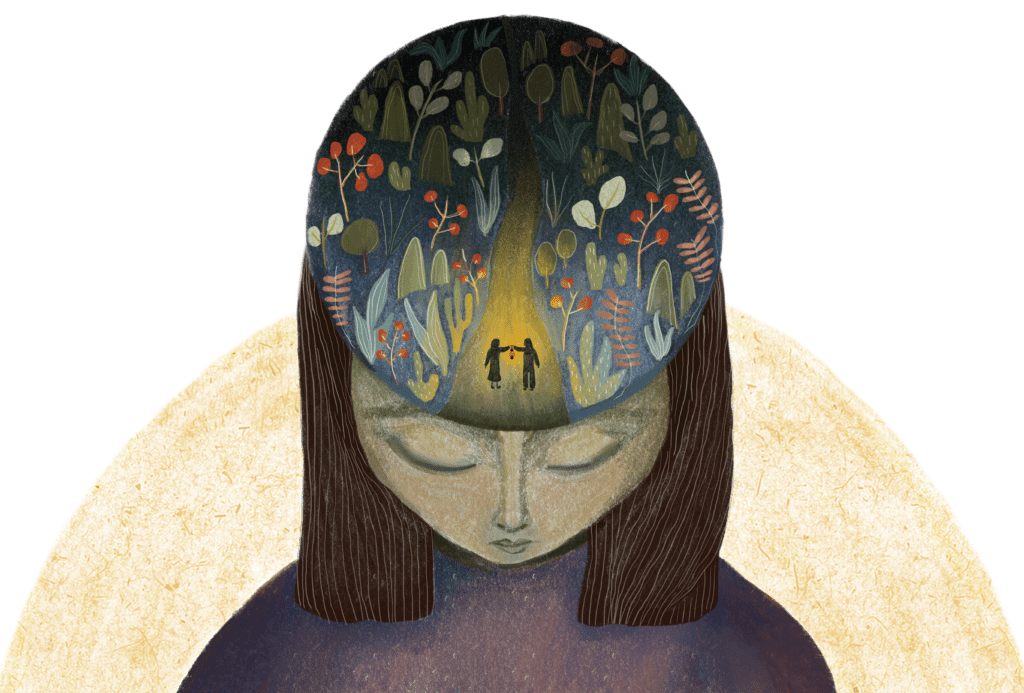
Fantasies about people dying, fears about sexual performance, doubts about their marriage, and deep feelings of feeling fundamentally inadequate. I’ve heard it all. Humans (and this is true of all humans – trust me) are complicated and messy, and so are the things we talk about in therapy.
My clients find subtle ways to ask me what I think about them after they reveal something they may have never told anyone else. So what is it that therapists really feel about their clients’ stories? Well, I can’t speak for the lot of us (*ahem* and there are some therapists I really don’t want to speak for), but here’s what I think. Therapy is a window into my clients’ lives and most often, I feel privileged to be allowed to peek through it. It’s profoundly moving to bear witness to people’s growth, particularly during some of the most challenging periods of their lives. I can confidently say that I am not the same person I was because of so many of my clients.
Clients influence me in big ways and small ones. Restaurant and T.V. show recommendations. A book that we read as part of our sessions together that now permanently reminds me of my client. An introduction into the surprisingly riveting world of esports. A child client’s pet stuffed cat who will continue to reside in my mind and heart.
And then there are the bigger things. I remember how I consciously tried to be more authentic with myself the day I learned that my client from a conservative family painted his nails in order to support his Queer friend. I felt my own battle with self-criticism become easier when my client who was struggling with an eating disorder came into therapy one day saying that he finally wanted to accept himself, regardless of where he is in his journey with health. My client’s journey with grief touched a chord within me because she chose to see the relationship as unending, growing within her even in the face of death.
I wish this idea was spoken about more. There are several stories of the impact of psychotherapy on clients and the significant changes in their lives it has brought, but so little about how the process of therapy influences the therapist. Irvin Yalom, a famous psychiatrist, chooses to look at therapy as a journey between two fellow travelers, in order to even out the power dynamic within the therapeutic relationship. He emphasised the fact that both parties give and receive help in this powerful journey. This is reflected in research, too. Several studies have shown how clients are not the only ones changed by psychotherapy. The therapist too feels ‘enriched, nourished and privileged’ through their time with their clients (Norcross & Guy, 2007).
Not only do my client’s stories stay on with me, but they also allow me to make sense of my own life and experiences. On days when life feels like a series of random events that don’t make sense, being a part of my client’s journeys brings meaning and purpose. Helping a client move from a ‘stuck’ point brings a sense of accomplishment and motivation in my work ahead.
The most fulfilling aspect of this work is growth and the gift of connection. There is so much depth and intimacy in being one of the first people a client wants to talk to first after getting the job they wanted, to be the person they cry with after a breakup, and then, perhaps most importantly, to bear witness to the courage and strength that goes into picking themselves up and carrying on.
Tennyson quite captured it there when he said, “I am a part of all that I have met”.
Also read, What you need to understand about therapy
advocacy diagnosis growth mental health neurodiversity social media therapeutic relationship Therapist therapy

